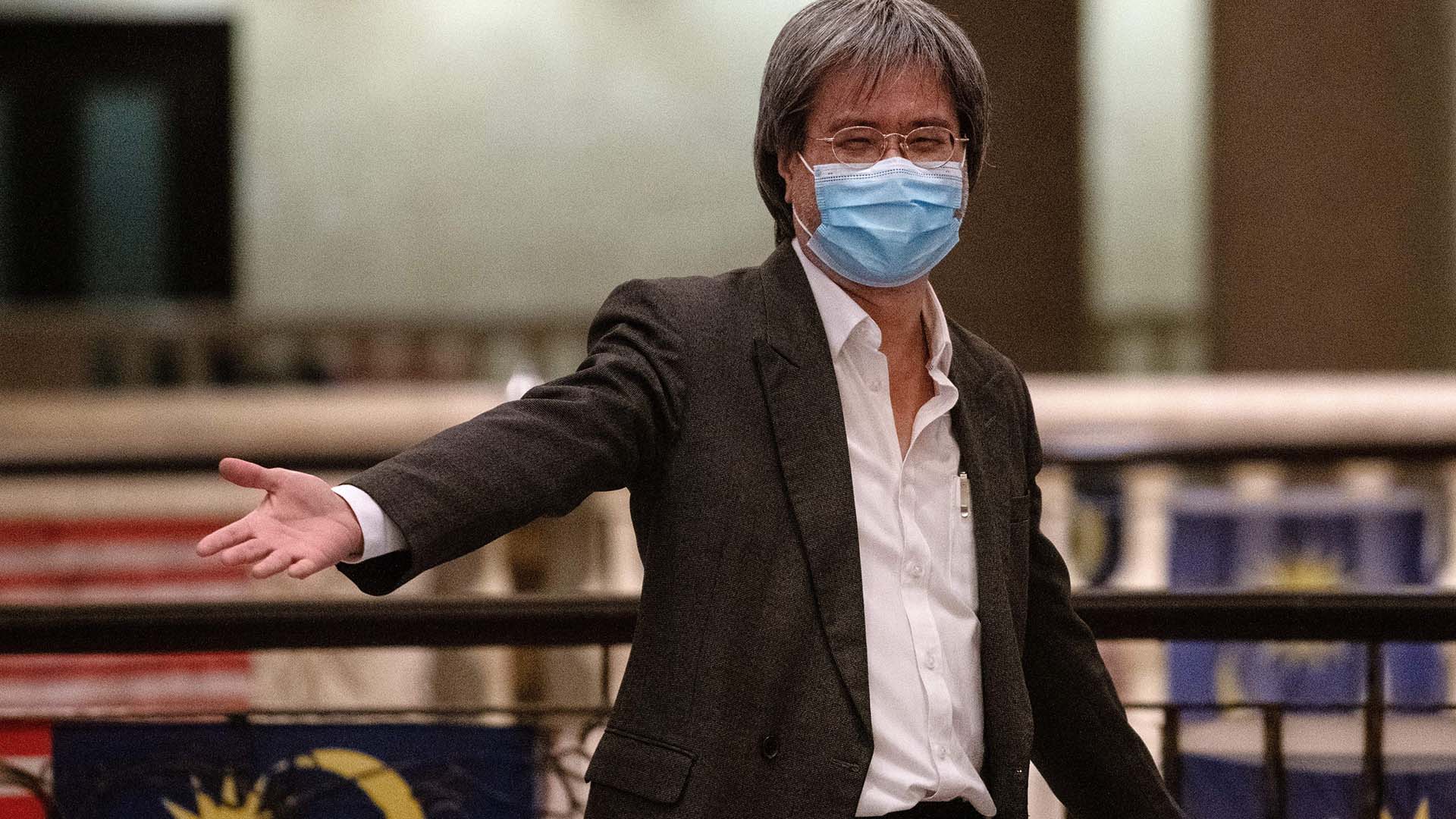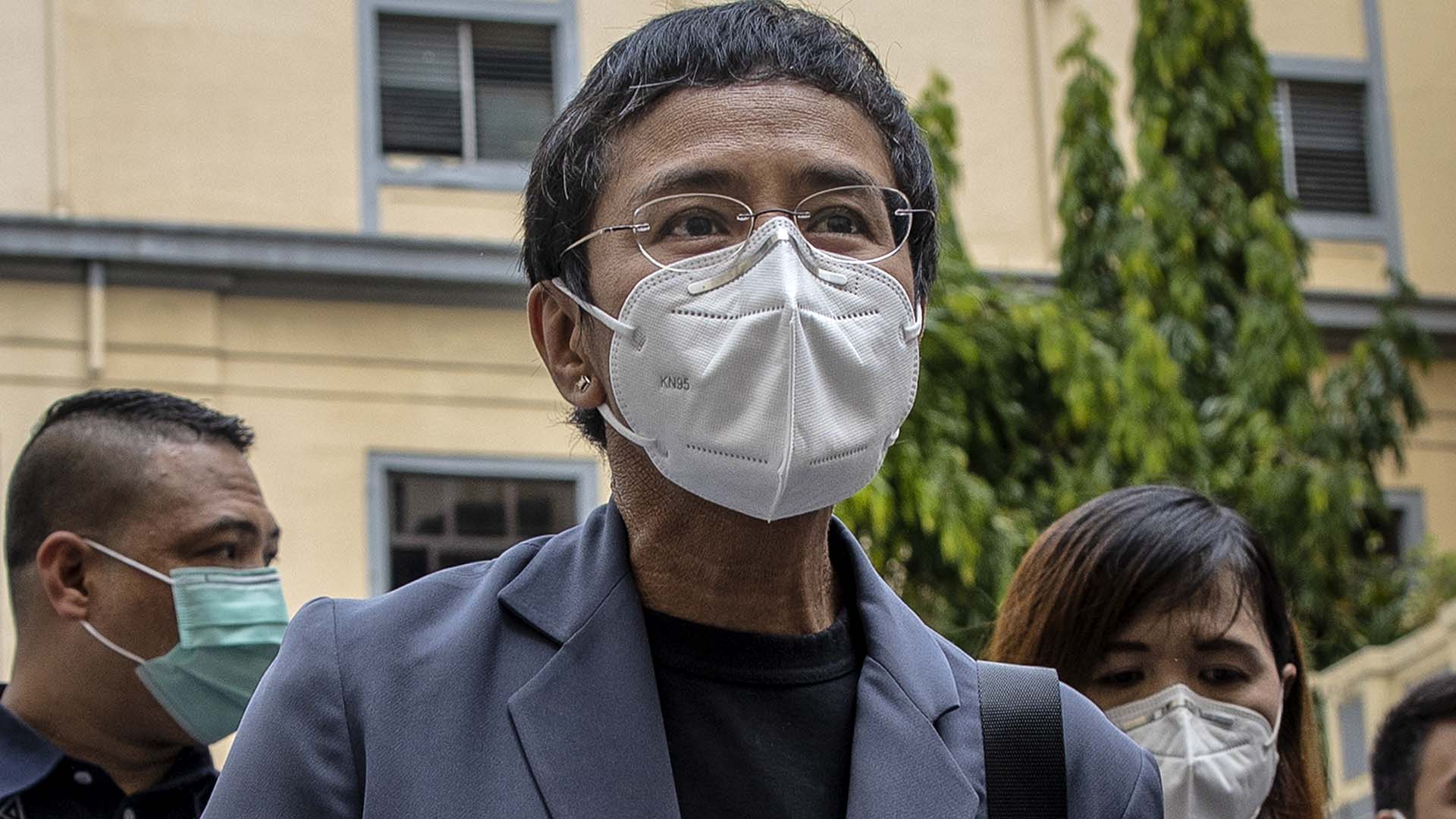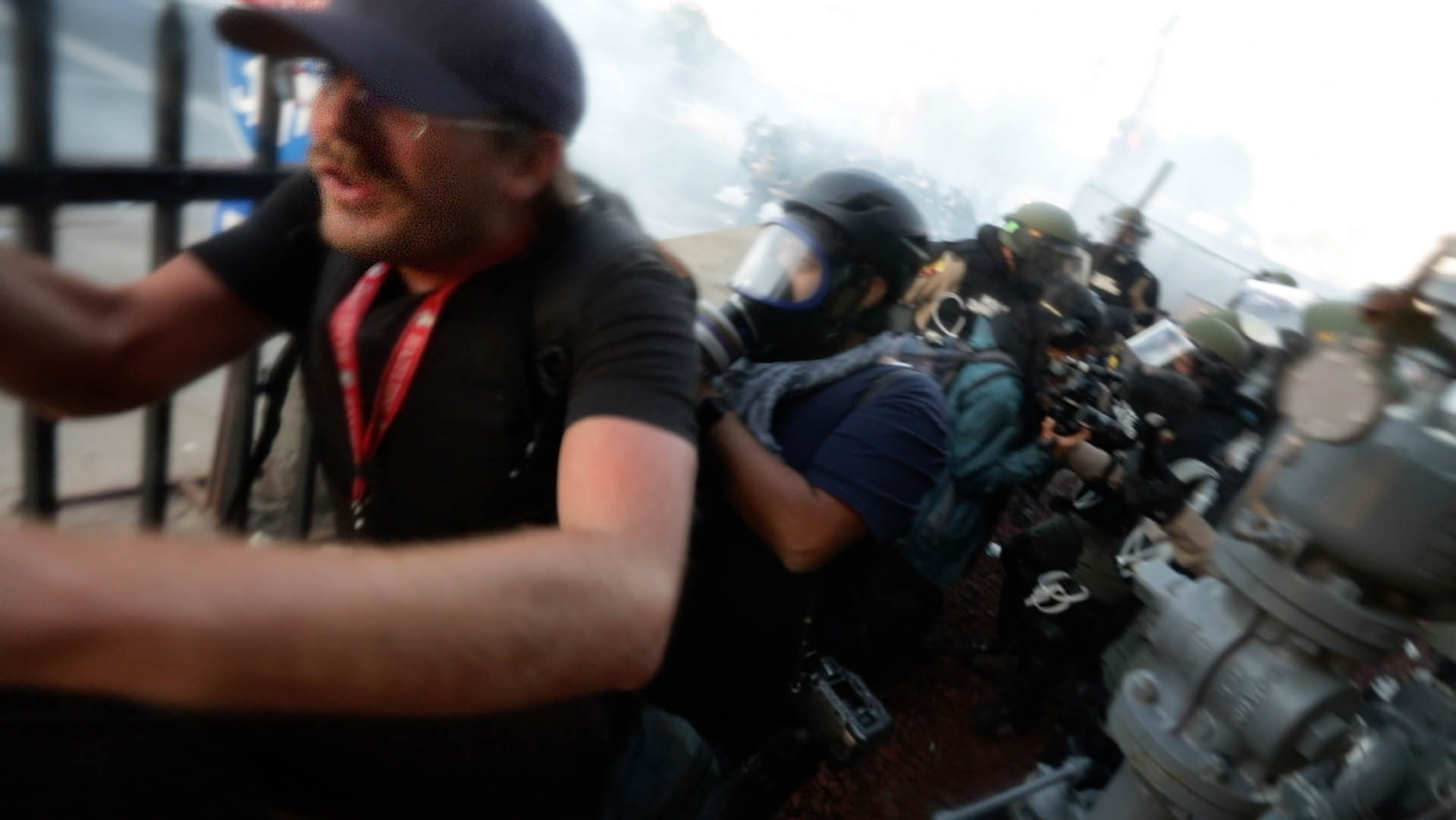A Malaysian court has reserved its judgment in a contempt case against Malaysiakini, an independent news outlet, and its top editor, that has alarmed press freedom advocates.
Malaysiakini, a partner of the International Consortium of Investigative Journalists, has been charged over readers’ comments, left on the news outlet’s website, which were considered critical of the country’s judiciary. The charges have been widely criticized by press freedom advocates around the world as an attempt to intimidate the independent news outlet.
Much of Monday’s hearing was devoted to lawyers arguing whether providing an online platform for reader comments amounted to “intention” and whether the website’s moderation policy was “negligent,” Malaysiakini reported.
Lawyers for editor-in-chief Steven Gan and Malaysiakini warned the court that there would be a severe chilling effect should news websites be held legally responsible for merely providing a comments section.
Gan told the New York Times that he was making preparations to go directly to jail from Monday’s hearing should a verdict be delivered. Instead, the seven-judge panel told the courtroom it would hand down its findings at a yet-to-be-determined date in the future.
The International Federation of Journalists, who sent an independent legal observer to monitor the proceedings, called on the Malaysian judiciary to side with Malaysiakini and to “acknowledge the important role of a free and independent media in a democracy.”
“Malaysiakini has a well-earned reputation of honest, independent journalism. The online news outlet’s actions surrounding these readers’ comments have been entirely appropriate,” IFJ said in a statement.
The case stems from five reader comments left on a story about courts reopening after the COVID-19 lockdown, published on Malaysiakini’s website in June.
Soon after publication, the attorney general criticized the reader comments as a threat to “public confidence in the judiciary” and said they “clearly meant that the judiciary committed wrongdoings, is involved in corruption, does not uphold justice and compromised its integrity.”
In his affidavit, the prosecutor also accused Malaysiakini of facilitating the publication of those comments which were “unwarranted” and “demeaning” attacks on the judiciary.
Regardless of its ultimate result, such a case is poised to have a “tremendous impact” on any Malaysian media organizations or social media platform, Gan said.
Malaysian law doesn’t require news organizations to moderate comments.
In early July, Gan attended a hearing in Kuala Lumpur to request that the court dismiss the contempt case but the panel of seven judges unanimously decided to proceed.
Influential politician and opposition leader Anwar Ibrahim criticized the court’s decision, saying it would have a negative impact on the country’s press freedom and affect its reputation worldwide.
“I view any form of punishment against them as contradictory to the spirit of democracy and a country with a rule of law,” Anwar wrote on his Facebook page.“It is wrong and tactless to target the media.”
The Malaysiakini case adds to crackdowns on press freedom under the government of Prime Minister Muhyiddin Yassin, who came into power in March. Last week, the police summoned for questioning Al Jazeera reporters who broadcasted a documentary about Malaysia’s arrests of undocumented migrants. The authorities accused the journalists of damaging the country’s image and Defence minister Ismail Sabri Yaakob asked Al Jazeera to apologize to Malaysians.
The immigration department issued a search notice for a Bangladeshi citizen who was interviewed in the documentary, according to the Bangkok Post.
Some politicians have called on the government to stop such attacks against the media. “The media needs to play the role of reporting freely. However, this doesn’t mean free media publishes fake or not news,” People’s Justice Party MP Fahmi Fadzil said in a Facebook statement.



